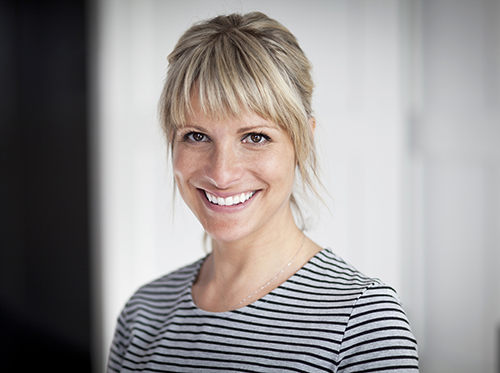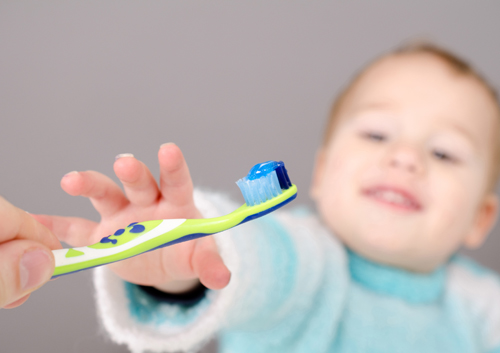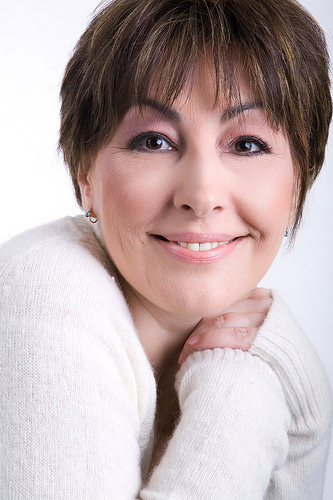Fluoride Treatment: Do You Need One?
May 29th, 2024

Over the past decade, most people have been ingesting less and less fluoride. This is not such a great trend, since fluoride has a history of successfully reducing tooth decay and promoting good dental health. Most of us drink bottled water now, so many children and adults are not getting the optimum amount of fluoride they need. Of course, dental needs vary, depending on such factors as age, tooth sensitivity, medical conditions, and risk for cavities, but there are several ways to make sure you get the proper amount of fluoride.
Fluoride can be applied in the form of foam, varnish, or mouthwash. For children, topical fluoride can be useful in the early stages of development to ensure the future strength of enamel. For people who have a dry mouth as the result of medication to treat anxiety, diabetes, high blood pressure, depression, or high cholesterol, a daily fluoride rinse is recommended, as well as a varnish treatment.
If you’ve received or are receiving any form of cancer treatment, that could be affecting your dental health. If such is the case, fluoride varnish treatments are recommended prior to, during, and after chemotherapy. Getting an oral infection during cancer treatment can be especially harmful, so it’s worthwhile to do as much as you can to prevent that.
If you suspect you might be in need of a fluoride treatment or have any questions about the treatments Highland Family Dental offers, please feel free to give our Plaistow, New Hampshire office a call!




